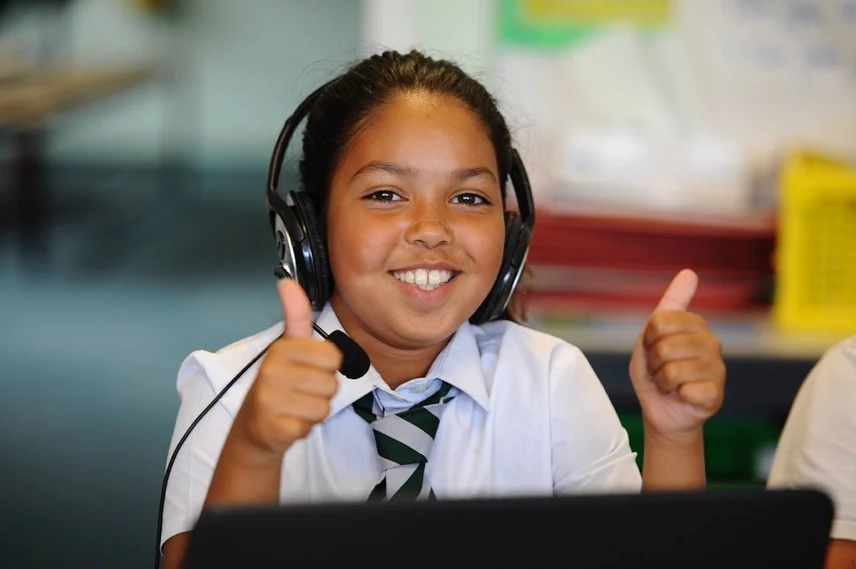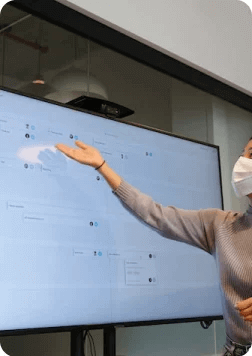In today’s fast-paced and distraction-filled world, teenagers face significant challenges in maintaining concentration and focus, especially when it comes to their education. Developing effective study habits and learning strategies are crucial for their academic success and overall well-being. This guide offers practical advice for teenagers and their parents to enhance focus and improve study outcomes.… Continue reading Enhancing Concentration and Focus in Teenagers: Strategies for Success
Enhancing Concentration and Focus in Teenagers: Strategies for Success












